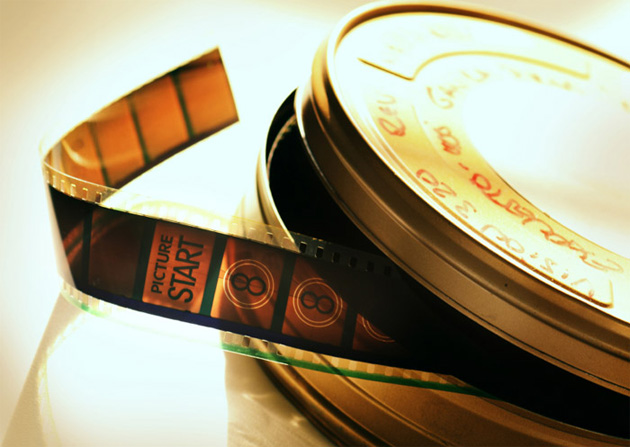 In modern pop culture memory, EDM is so new that today’s Beatport Chart-topping talent could either seemingly rise even further or flame out. What many in the U.S. forget is, EDM’s profile gained greater visibility in the 1990s, through acts like Paul Oakenfold, The Chemical Brothers, John Digweed, and Sasha, before disappearing in the early ‘00s, and the careers of said artists now serve as guidelines for up-and-comers – particularly where film scores are concerned.
In modern pop culture memory, EDM is so new that today’s Beatport Chart-topping talent could either seemingly rise even further or flame out. What many in the U.S. forget is, EDM’s profile gained greater visibility in the 1990s, through acts like Paul Oakenfold, The Chemical Brothers, John Digweed, and Sasha, before disappearing in the early ‘00s, and the careers of said artists now serve as guidelines for up-and-comers – particularly where film scores are concerned.
The New York Times, over the past month, ran a piece called “Electronic Dance Music Goes Hollywood”. Skrillex’s and Kaskade’s delving into film scores is the focus. Skrillex, particularly, created an original score for Spring Breakers, a film by Kids writer Harmony Korine, and contributed to Disney flick Wreck-It Ralph, and his cacophonous brand of dubstep surprisingly matches the antithetical themes. Seeking out “artistic credibility,” Kaskade, meanwhile, has been meeting with film producers. Aside from these two, prodigies Porter Robinson, Madeon, and Avicii have expressed interest in transitioning from a DJing and producing career to creating film scores in the future.
It’s a no-brainer why EDM is pervading film music in the present. From Daft Punk’s rather tame Tron: Legacy soundtrack to Skrillex signing up for two projects, “
Yet, despite chart-topping DJs’ recent expression to enter this medium, prominent performers, including Oakenfold, Digweed, Junkie XL, and The Chemical Brothers, have already succeeded in some degree. The question is, do these younger stars with only one or two hits under their belts have what it takes?
Out of this group, most contributions to film have been one-off projects: Digweed to 2003 film Stark Raving Mad and The Chemical Brothers to last year’s Hanna, in addition to Daft Punk’s efforts. These soundtracks, additionally, reflect the artist’s distinct style. Oakenfold, and Daft Punk to a lesser degree, toned his down. Oakenfold, on the other hand, has regularly been involved in films or television since the late 1990s, when he and Andy Gray wrote and produced the theme for the U.K. version of Big Brother. Since that point, his sounds or work behind the scenes has been part of the Shrek movies, Swordfish, Collateral, The Bourne Identity, Speed Racer, and Californication, among other television shows and films.
Oakenfold, however, got onto this path later in his career and involved a move to Los Angeles. His influence, be it through music, starting Perfecto Records, or initiating Cyberfest, had already been clearly established.
That’s not to say producers can’t dabble with scores from the start. Before there was Skrillex, there was Junkie XL, a Dutch producer with a similar background; while Junkie XL, born Tom Holkenborg, studied classical music, both were involved in bands, of sorts, before turning to production. Holkenborg’s production, aside from original compositions, spans commercials, video games, movies, and commercials; the Sims games are some of his more visible projects. But, much like EDM fans noticed when Daft Punk significantly dialed down their sound for Tron: Legacy, Holkenborg admits that the form has some limitations while simultaneously allowing for greater creative freedom than albums offer. “Living in LA and working on film scores teaches you that you need to have like a theme or a general vibe throughout your movie to keep everything together,” he said in an interview with About.com. “That’s the most important thing I’ve learned musically as a producer and that’s why this album is more like one vibe. My previous albums would go all over the place and ‘Today’ is feels more like one vibe.”
Not following a trend and taking a chameleon approach to sounds appears to be the keys to success. Do you think Skrillex can do that? “I don’t think it will go on forever,” Houlihan said, in reference to the current EDM trend, to the New York Times. “Film music trends tend to follow music trends, and the fickle taste of the public is going to get off dubstep at some point in the next year or so.”



